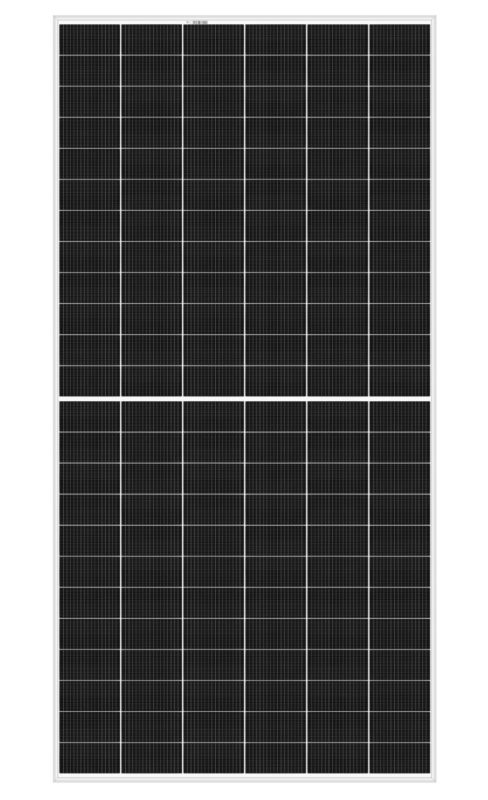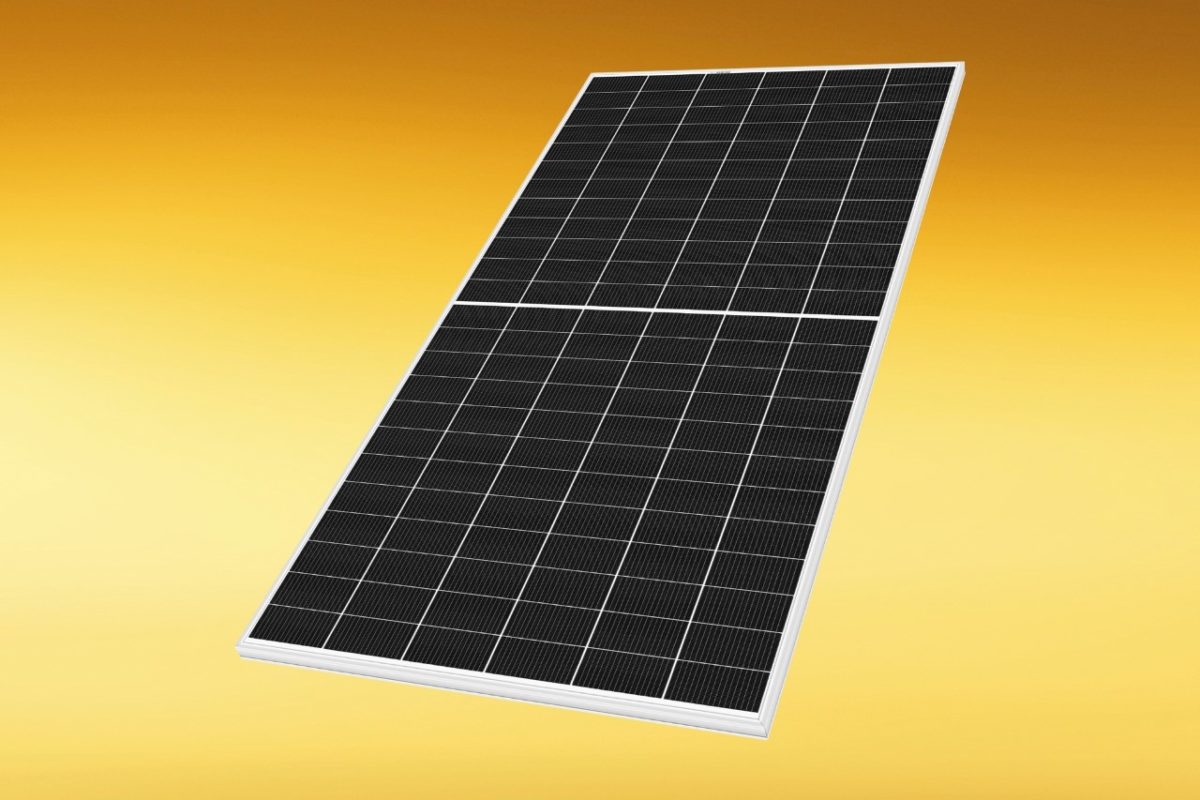The REC Group has announced the start of production of its novel 72-cell solar module, the Alpha 72. REC testing figures say the module can reach 450Wp with an efficiency of 21.3%, these are high-powered figures and REC looks to capitalise on the convergence of quality and performance with a production start date in May 2020, although it is not clear if this date has been affected by the economic impacts of COVID-19.
With such an interesting market entrant, pv magazine Australia spoke with Paul Scerri, Director Sales ANZ for REC Group, to really flesh out the nuts and bolts, or rather, the cells and glass. Scerri had some interesting insights, so let’s dive into the Alpha 72.
Innovative
The Alpha Series is designed for both residential and commercial and industrial (C&I) usage. The Heterojunction Cell Technology (HJT) combined with Half-cut Cell Technology, ensures the Alpha 72 can reach 450Wp or a power density of 213 W/m2. In other words, the most powerful 72 cell module on the general market.
REC Group is hoping this innovation will allow the Alpha 72 to focus on the rooftop market but also to compete against bifacial modules in ground-mounted applications.
Market Entry
Speaking of the general market, the impressive novelty of the Alpha 72, not to mention its high-power, means that the module will come at a premium in terms of price. However, it is the Alpha 72’s quality that Scerri says makes the product appealing to developers and installers.
“Developers and installers will turn to the REC Alpha 72 series as it’s the only 72 cell module in the Australian market that is eligible for a 25-year performance, product and labour warranty.
Of course, it must be said that Q Cells also provides a 25-year warranty, as does U.S. headquartered module maker Sun Power and indeed LG Electronics Australia, which offers 25-year warranties on its entire range. Although it must be said each warranty offer slightly differs from the others.
Light-Induced Degradation (LID) and Temperature Resistant
LID is an increasing concern in the industry, and particularly in Australia. Australian mean temperatures are increasing and heat, somewhat ironically, is the bane of solar panel efficiency (the irony being that light only comes from heat). But N-type technology is LID free. However, Scerri is aware that the average Australian consumer doesn’t have a great understanding of the effects of LID, and how to tell the difference in quality between modules other than just looking at the nameplate.
“At REC Group we are working hard to educate customers on the effect of LID through our comprehensive REC Certified Solar Installer program,” said Scerri. “The training program aims to arm solar panel installers with the detailed technical knowledge to be able to discuss our leading technologies and the associated benefits with customers.”
On the subject of Australia’s rising temperatures, REC Group claims an industry leading low temperature coefficient with this module.

Image: REC Group
Environmentally Aware
Due to the Smartwire cell interconnection, the Alpha series has a massive reduction in lead content, making it a more environmentally friendly module. “There is an increasing pressure on Australian industry to reduce chemical exposure,” said Scerri, “especially after last year’s chemical fires in Melbourne…Reducing the presence of lead on rooftops is high on the agenda.”
COVID-19 Impact
REC Group admits that the potential for disruptions along the supply chain as a result of the Coronavirus outbreak are “possible,” though one suggests likely. However, REC Group assures us that they “expect to be able to fulfil all outstanding orders by our Australian customers, though there may be some delivery delays of limited time in certain cases due to the global impact of the COVID-19 pandemic on logistic operations.” Of course, REC Group is actively exploring any and all transportation channels to maintain its services. Thankfully, at the moment the Singapore factory and REC Group’s channels have not be as severely impacted as other industries.
This content is protected by copyright and may not be reused. If you want to cooperate with us and would like to reuse some of our content, please contact: editors@pv-magazine.com.









By submitting this form you agree to pv magazine using your data for the purposes of publishing your comment.
Your personal data will only be disclosed or otherwise transmitted to third parties for the purposes of spam filtering or if this is necessary for technical maintenance of the website. Any other transfer to third parties will not take place unless this is justified on the basis of applicable data protection regulations or if pv magazine is legally obliged to do so.
You may revoke this consent at any time with effect for the future, in which case your personal data will be deleted immediately. Otherwise, your data will be deleted if pv magazine has processed your request or the purpose of data storage is fulfilled.
Further information on data privacy can be found in our Data Protection Policy.